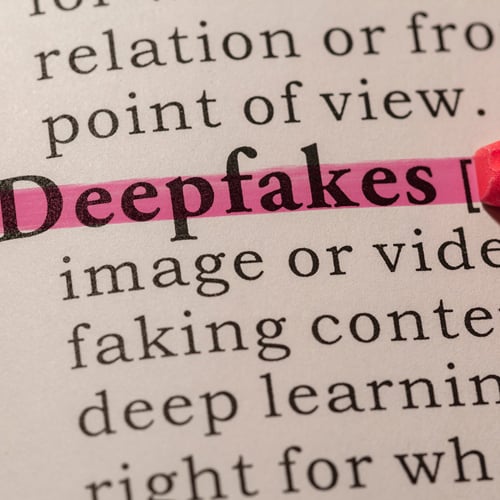The influence of AI deepfakes on the UK General Election is a concern for most tech experts, according to a new survey.
Some 65% of IT professionals polled said they feared AI generated fakes would affect the result – and are calling for technical and policy solutions.
And 92% of technologists said political parties should agree to publicise when and how they are using AI in their campaigns, according to the survey by BCS, The Chartered Institute for IT.
The two most effective measures for limiting the democratic decay of deepfakes will be public education and technical solutions (such as watermarking and labelling), the poll of 1200 technologists found.
A group of major tech companies signed a pact in February to adopt 'reasonable precautions' to prevent AI from being used to disrupt democratic elections around the world.
But only 8% of computing professionals in the BCS poll think this agreement will be effective.
Rashik Parmar MBE, Chief Executive of BCS, The Chartered Institute for IT said: “Technologists are seriously worried about the impact of deepfakes on the integrity of the election – but there are things politicians can do to help the public and themselves.
For you
Be part of something bigger, join BCS, The Chartered Institute for IT.
“Parties should agree between them to clearly state when and how they are using AI in their campaigns.
“Official sources are just one part of the problem. Bad actors outside the UK and independent activists inside can do even more to destabilise things.
“We need to increase public awareness of how to spot deepfakes, double check sources and think critically about what we’re seeing. We can support that with technical solutions, and the most popular in the poll was a clear labelling consensus where possible – and it would be ideal if this could be done globally with the US election coming too.”
About BCS’ Deepfakes, AI and the General Election survey:
The poll was conducted with members of BCS, The Chartered Institute for IT; a total of 1240 professionals responded to the survey between 4 – 17 April 2024.

















